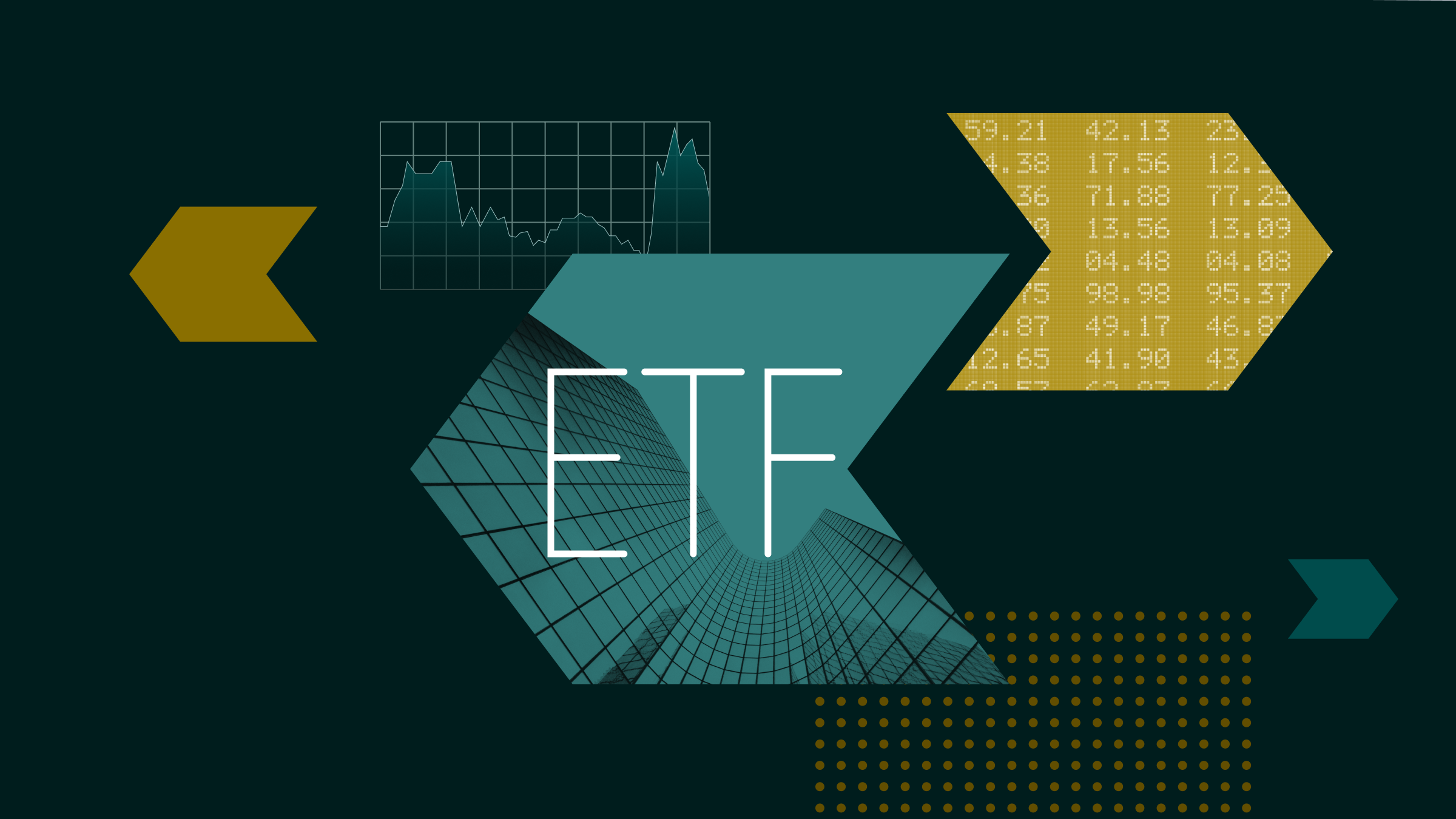Asia
Following the Federal Reserve’s interest rate rise on Wednesday, global markets veered away from riskier assets. South Korea’s Kospi, which has been stuck in a band between 2,400 and 2,500 points for many months, dropped nearly 2% on the day. Not far behind in terms of losses were Japan’s Nikkei and Topix indices and Hong Kong’s Hang Seng. Despite the Fed’s hawkish turn, the retreat of the US dollar against major counterparts harmed the cause of Asia-Pacific equities.
Focusing on Chinese fundamentals, May’s industrial production and retail sales missed forecasts and the concern is that the country’s economic growth may be softening. China’s central bank was expected to follow the Federal Reserve in raising interest rates but held its fire.
Europe
Much better-than-expected UK retail sales numbers supported the pound – and by proxy, the prospect of an imminent interest rate rise – and this held back UK equities after an indifferent session the day before. Housebuilders were under pressure again and mining shares felt the impact of Chinese growth concerns.
All eyes are on the European Central Bank today. Much to the relief of financial journalists, who have endured many uneventful meetings in recent months, the ECB is expected to say something significant about the future of path of interest rates and the withdrawal of quantitative easing.
North America
The prospect of faster-than-expected monetary tightening unsettled US markets yesterday and investors expect more of the same today, in the absence of any other strong drivers, from economic or corporate news.
Nevertheless Fed chair Jerome Powell is acutely aware of spooking the markets by too much, too soon. “History has shown that moving interest rates either too quickly or too slowly can lead to bad economic outcomes," he said last night. Powell’s upbeat prognosis on the US economy should have supported global investors’ currently sanguine view of growth. At the same time, while world markets are at reasonably elevated levels, there is currently a skittishness to markets: a rise of 1% on the day is then followed by a fall of similar magnitude the next.
In corporate news, Adobe (ADBE) reports earnings and economics there is a range of weekly data, including retail sales and jobless claims.




























